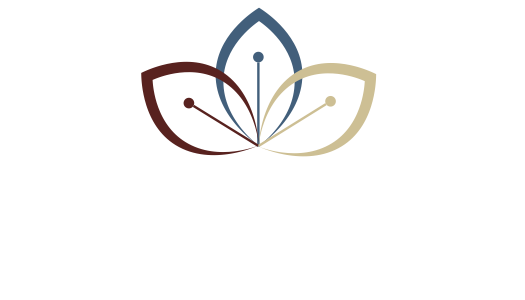
It’s the middle of the night, usually between 2am and 4am, and you’re desperately searching for the elusive Sandman to bring you a dream, any dream, that will quiet your mind and make sleep less of a stranger. You resist the urge to scroll through your phone because that just may be the reason you are still awake now.
You’ve tried melatonin, over the counter and prescription medication, before bed teas, sleep routines, and nothing works to get you feeling rested when your alarm does go off. Desperate and exhausted, you’re looking for something with fewer side effects than the grogginess and fogginess you’re currently experiencing. Look no further than your local acupuncturist.
Ancient Roots but a Modern Problem
Sleep disorders are alarmingly common. According to the American Sleep Association, 50 to 70 million adults in the U.S. experience sleep disorders. Insomnia tops the list, with difficulty falling or staying asleep affecting approximately 30% of adults. Conventional treatments include cognitive behavioral therapy for insomnia (CBT-I), medication, and lifestyle changes. While these methods are often effective, many people find themselves seeking alternative approaches that are natural, holistic, and non-habit forming.
That’s where acupuncture comes in. With its tiny needles and energy-flow theories, acupuncture might seem far removed from Western science. Yet, modern research is increasingly validating its use as a legitimate and effective treatment for sleep disorders.
How Acupuncture Works
In Traditional Chinese Medicine, insomnia and other sleep disturbances are believed to result from an imbalance in the flow of qi, considered the body’s vital life energy. This energy flows through meridians or pathways. When this flow is blocked or disrupted — often due to stress, lifestyle factors, or illness — it can manifest as physical or mental symptoms, including insomnia.
Acupuncture seeks to restore balance by stimulating specific points along these meridians with ultra-fine needles, encouraging the body to heal itself. Depending on the root cause of the sleep issues, an acupuncturist might target points to calm the mind, improve digestion, reduce anxiety, or support liver or heart function — all of which can affect sleep.
From a Western medical perspective, acupuncture is believed to work by stimulating the nervous system, increasing blood flow, and triggering the release of endorphins, melatonin, and serotonin, neurochemicals associated with relaxation, mood regulation, and sleep.
What Does the Research Say?
Numerous scientific studies support the effectiveness of acupuncture for treating insomnia and other sleep-related issues:
- A 2020 meta-analysis published in Sleep Medicine Reviews concluded that acupuncture was more effective than sham acupuncture and medication in improving sleep quality and reducing insomnia symptoms.
- Another study published in The Journal of Alternative and Complementary Medicine found that acupuncture increased nocturnal melatonin secretion, improved total sleep time, and reduced waking during the night [5].
It’s not just about falling asleep either. Many people who turn to acupuncture report improved sleep depth, fewer nighttime awakenings, and better daytime energy. It seems that rather than acting like a sedative, acupuncture gently helps to reset the body’s internal rhythms.
Rather than treating just the symptom (poor sleep), acupuncturists explore underlying causes, whether it’s stress, digestive problems, hormonal imbalance, or emotional trauma. Treatment usually begins with a detailed intake session where the practitioner examines the patient’s lifestyle, emotional state, diet, and physical condition. The treatment plan evolves over time, and many patients notice improvements in other areas of health as well.
Common Acupuncture Points for Sleep
Acupuncturists choose different points depending on the individual’s symptoms, but some commonly used ones for sleep include:
- Yin Tang (between the eyebrows): Known for calming the mind.
- Shen Men (on the ear or wrist): Often used to treat anxiety and restlessness.
- Heart 7 (Shenmen): Helps regulate the heart, both physically and emotionally.
- Spleen 6 (San Yin Jiao): Influences the liver, spleen, and kidney meridians, crucial for hormone balance and relaxation.
- Anmian: Literally means “peaceful sleep,” located behind the ear.
Many practitioners also incorporate acupressure, cupping, or herbal remedies to complement the needlework.
What acupuncture teaches us is that sleep is not just a biological event but a whole-body experience. Stress, emotion, nutrition, and even unresolved trauma can affect our ability to rest. By tapping into the body’s energetic pathways, acupuncture offers a way to not just induce sleep but to restore the conditions under which restful sleep naturally occurs. If you suffer from poor sleep, don’t spend another restless night! Call and make an appointment today and get on track to have your best night’s sleep.
